| Course Date | Nairobi Training fees: | Mombasa Training fees: | Kigali Training fees: | Live Online fee: | Register for Onsite in Nairobi, Mombasa and Kigali |
Register for online training |
|---|---|---|---|---|---|---|
| 02/06/2025 To 13/06/2025 | 2,900 USD | 3,100 USD | 4,400 USD | 1,740 USD | Register for Onsite | Register for Online |
| 04/08/2025 To 15/08/2025 | 2,900 USD | 3,100 USD | 4,400 USD | 1,740 USD | Register for Onsite | Register for Online |
| 08/09/2025 To 19/09/2025 | 2,900 USD | 3,100 USD | 4,400 USD | 1,740 USD | Register for Onsite | Register for Online |
| 06/10/2025 To 17/10/2025 | 2,900 USD | 3,100 USD | 4,400 USD | 1,740 USD | Register for Onsite | Register for Online |
| 03/11/2025 To 14/11/2025 | 2,900 USD | 3,100 USD | 4,400 USD | 1,740 USD | Register for Onsite | Register for Online |
| 01/12/2025 To 12/12/2025 | 2,900 USD | 3,100 USD | 4,400 USD | 1,740 USD | Register for Onsite | Register for Online |
Introduction
For all the successful programs one should have a good knowledge of monitoring, evaluation, accountability, and learning (MEAL) which is the part of everyday program management and sometimes can be critical too. It would be difficult to track progress, make adjustments, discover unplanned effects of programs, or judge the impact without MEAL, that have been made on the lives of those whom we are working.
The overall MEAL system helps individuals and teams to be accountable to stakeholders through information sharing and developing complaints or feedback mechanism which can help to guide program implementation. The MEAL training introduces participants to its concepts and practices. It will stimulate ideas on how to design and implement monitoring and evaluation processes that strengthen accountability and learning, and so promote project, program and strategy effectiveness.
Learning Objectives
Course duration
10 Days
Who should attend
Course Outline
Module 1: Introduction Monitoring & Evaluation
Monitoring, Evaluation, Accountability, and Learning (MEAL) overview
Module 2: Frameworks and MEAL Cycle
Module 3: MEAL Planning and Budgeting
MEAL planning
MEAL Budgeting
Module 4: Accountability and Learning
Module 5: Baseline and evaluation design and management
Module 6: Survey Planning and Implementation Types of surveys
Module 7: MEAL Data Collection: Mobile Based Data Collection (ODK)
Module 8: Data Quality Management, Tabulation and graphical presentation of data (SPSS/Stata/R)
Data Quality Management
Tabulation and graphical presentation of data
Module 9: Data analysis and interpretation and use (SPSS/Stata/R)
Module 10: Project reporting through MEAL
Training Approach
This course will be delivered by our skilled trainers who have vast knowledge and experience as expert professionals in the fields. The course is taught in English and through a mix of theory, practical activities, group discussion and case studies. Course manuals and additional training materials will be provided to the participants upon completion of the training.
Tailor-Made Course
This course can also be tailor-made to meet organization requirement. For further inquiries, please contact us on: Email: training@upskilldevelopment.com Tel: +254 721 331 808
Training Venue
The training will be held at our Upskill Training Centre. We also offer training for a group at requested location all over the world. The course fee covers the course tuition, training materials, two break refreshments, and buffet lunch.
Visa application, travel expenses, airport transfers, dinners, accommodation, insurance, and other personal expenses are catered by the participant
Certification
Participants will be issued with Upskill certificate upon completion of this course.
Airport Pickup and Accommodation
Airport pickup and accommodation is arranged upon request. For booking contact our Training Coordinator through Email: training@upskilldevelopment.com, +254 721 331 808
Terms of Payment: Unless otherwise agreed between the two parties payment of the course fee should be done 3 working days before commencement of the training so as to enable us to prepare better
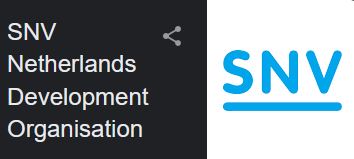

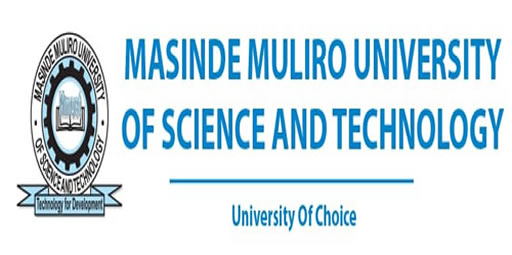
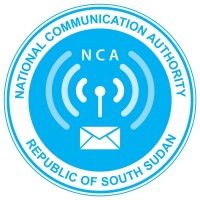
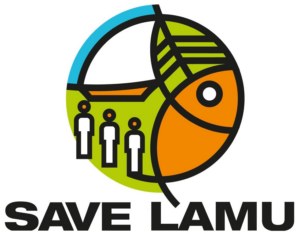


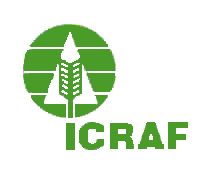
We support the development of a skilled and confident workforce to meet the changing demands of growing sectors by offering the best possible training to enable them to fulfil learning goals.
Make a Mark in You Day to Day work